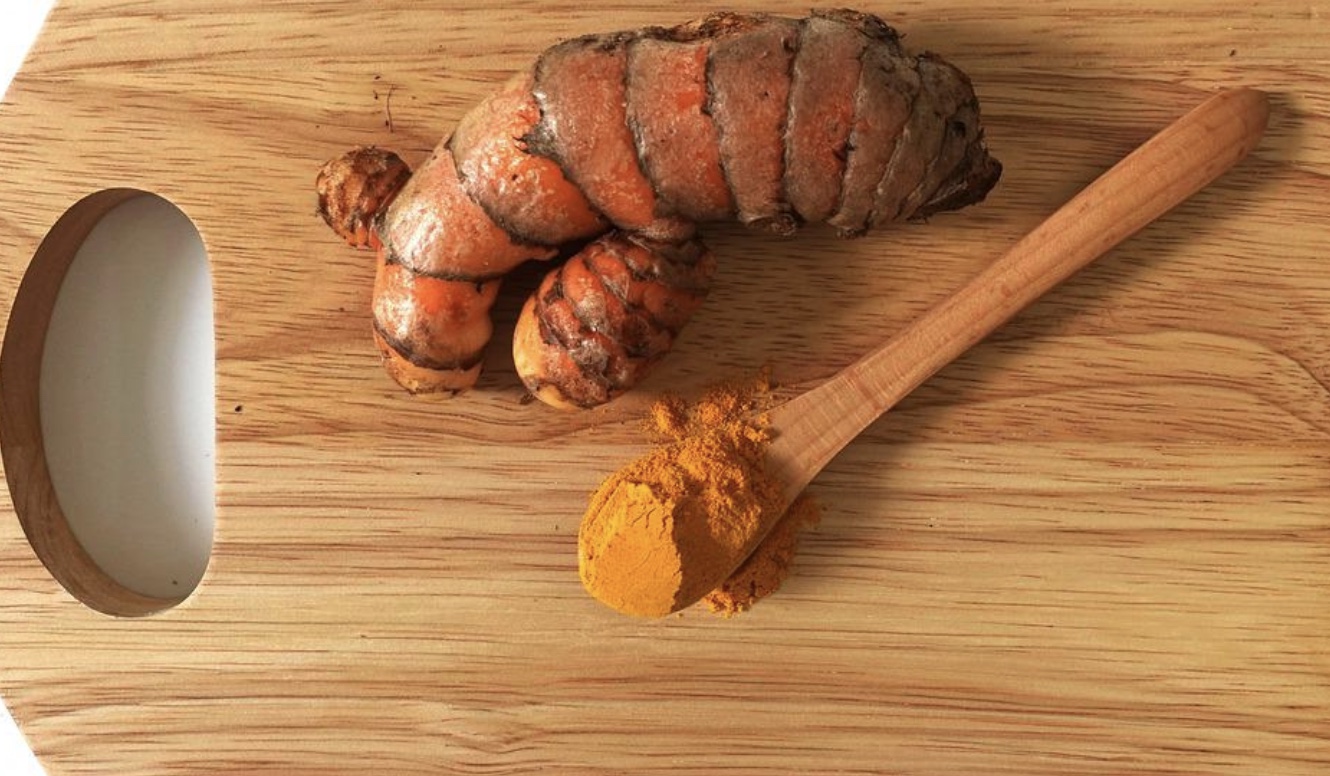Bloating is a digestive problem that can leave you in much discomfort. Everyone hates having that feeling where the abdomen feels full and tight, and it looks bloated. But unfortunately, we all get to feel it from time to time.
Bloating often occurs after eating certain foods, but other factors such as water retention and constipation also cause it. When gas accumulates in the intestine without being expelled out, it often leads to gas pain, which causes constipation and diarrhea.
Many people, however, have been wondering if turmeric helps with bloating. Yes, turmeric supplements have been shown to help with digestive issues such as bloating, excess gas and abdominal pain.
In this article, we shall look into some important properties of this ingredient and how it helps soothe an upset tummy.
Chapter Overview
How does Turmeric Help Relieve Bloating?
Turmeric, also known as the Golden Spice, is not only useful for adding flavor to dishes, but it also offers many benefits for digestion. Here are some of the proven ways in which turmeric aids in bloating:
It works as a digestive and carminative stimulant
Traditionally, people add turmeric to their dishes as a carminative to protect from the formation of intestinal gas. This spice works as an anti-flatulent as well as digestive stimulant.
Ayurveda states that turmeric/curcumin exhibits anti-flatulent and antinoxious activity. One study even shows how curcumin, which is the main active compound in turmeric, stimulates digestion by improving the activity of lipase – an enzyme which helps break down fat, and maltase and sucrase – enzymes that break down carbohydrates.
It shows potential in functional gastric disorders
Gastric disorders like diverticulosis, Irritable Bowel, constipation, and food allergy may lead to bloating. Studies, however, have shown how curcumin influences the rate of gastric emptying and intestinal motility. This in turn impacts conditions such as irritable bowel syndrome and abdominal cramping.
Research also shows turmeric is a great source of antioxidants. Its antioxidant and anti-inflammatory properties makes it useful in the treatment of different gastric disorders.
It remedies indigestion
Turmeric is often recommended as a good remedy for dyspepsia, a clinical term used to describe indigestion. This condition is often characterized by bloating or abdominal fullness, belching, and upper abdominal pain.
In one clinical trial, the effect of turmeric powder was compared to that of antiflatulent drug on dyspepsia. The result shows that 87% of the patients taking turmeric responded to treatment, while only 83% of patients taking antiflatulent drugs responded to treatment.
It improves gut bacteria for immunity
Our gut comprises different species of bacteria and this differs from individual to individual. These gut bacteria support digestion of food, improves immune function, maintains intestinal bacteria, and boosts absorption of drugs.
However, factors such as unhealthy diet, certain medications, and alcohol intake can cause abnormalities in gut microflora.
Curcumin supplementation helps promote the population of good bacteria while reducing the population of harmful bacteria. It also helps protect the intestinal barrier from changes caused by infection or diet.
How do you take turmeric for bloating?
Turmeric has been proven to work for bloating and several other health conditions. You can check some other surprising benefits of turmeric to see why it is referred to as the “Golden Spice.”
That said, when adding turmeric to your diet, you should take it with care. Higher doses of turmeric may lead to digestive issues such as nausea, stomach upset, and diarrhea. So it is important that you always refer to the dosage stated on the turmeric supplement label.
However, the WHO advises that you take 3mg/kg or bodyweight of curcumoids, of which curcumin is a part. You can take turmeric powder in capsule form to enjoy quick relief from bloating and other digestive issues.
But it is important to always speak with your doctor before adding a supplement to your routine.

